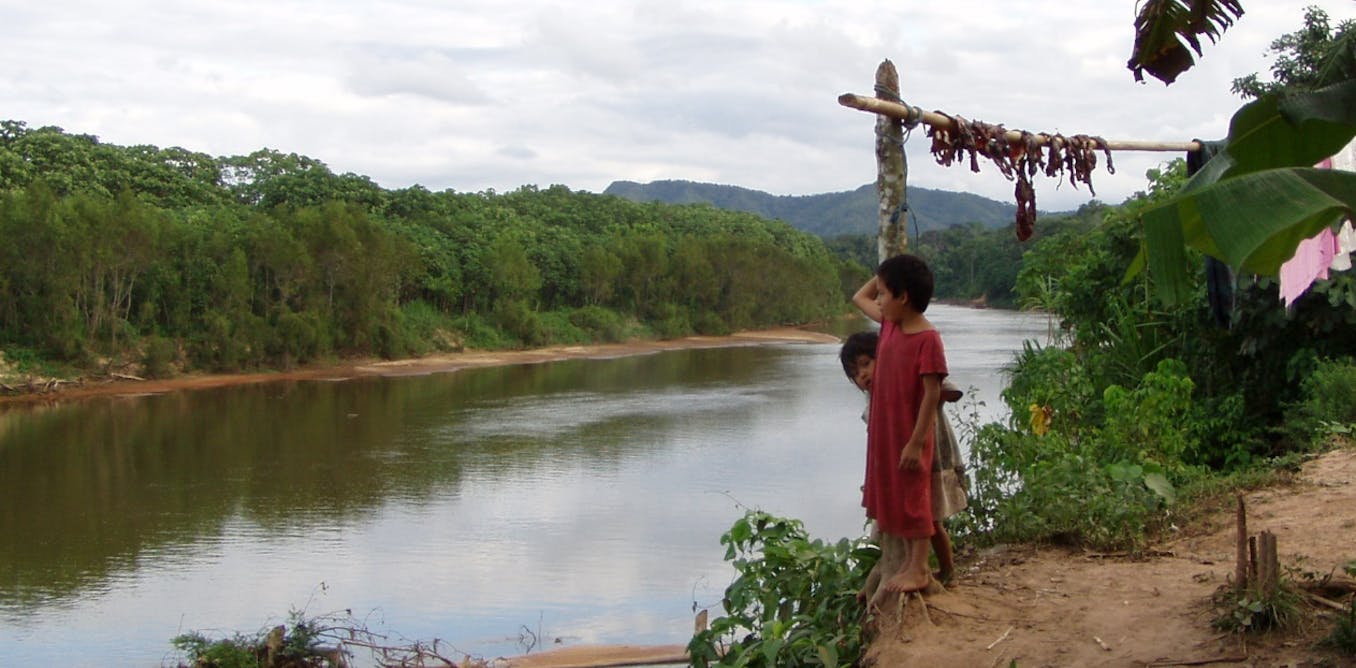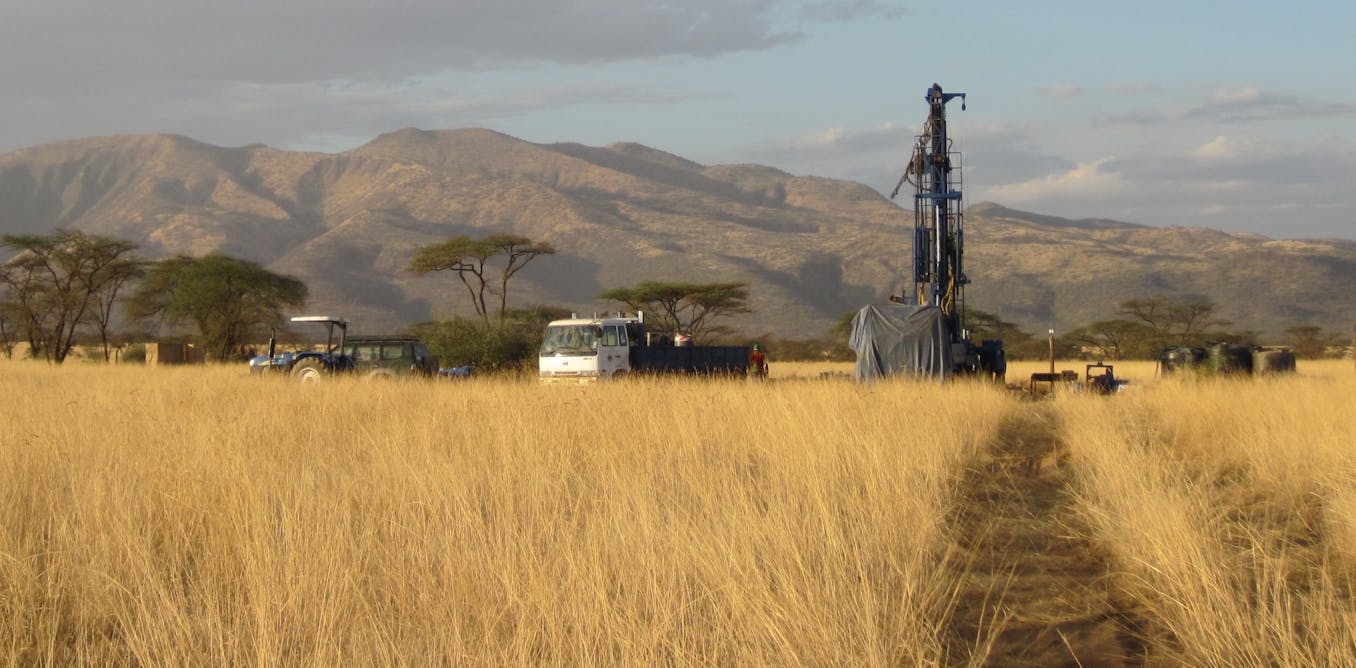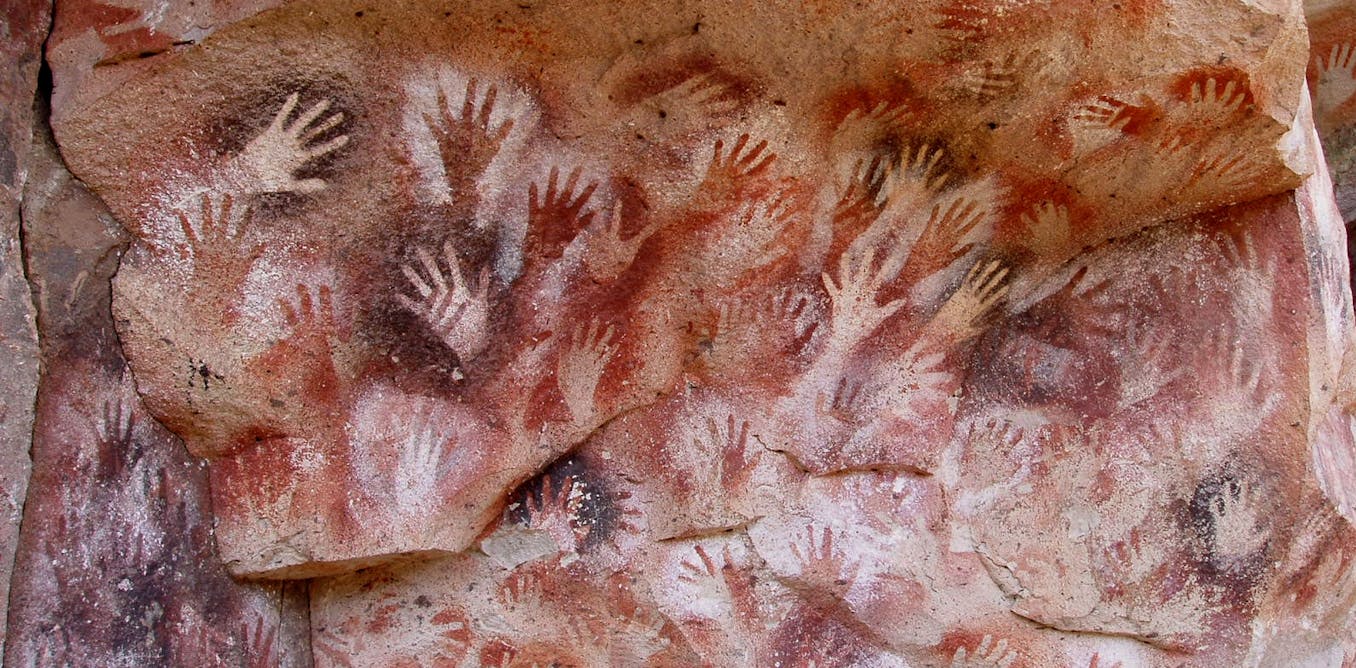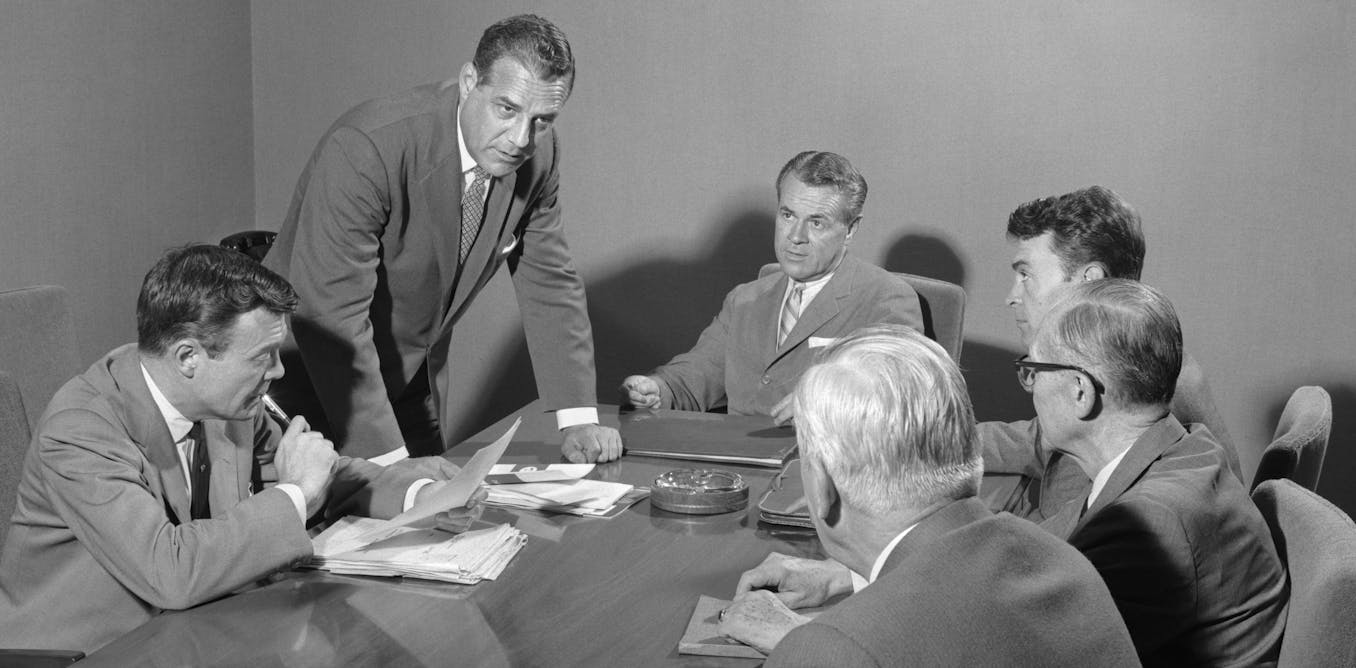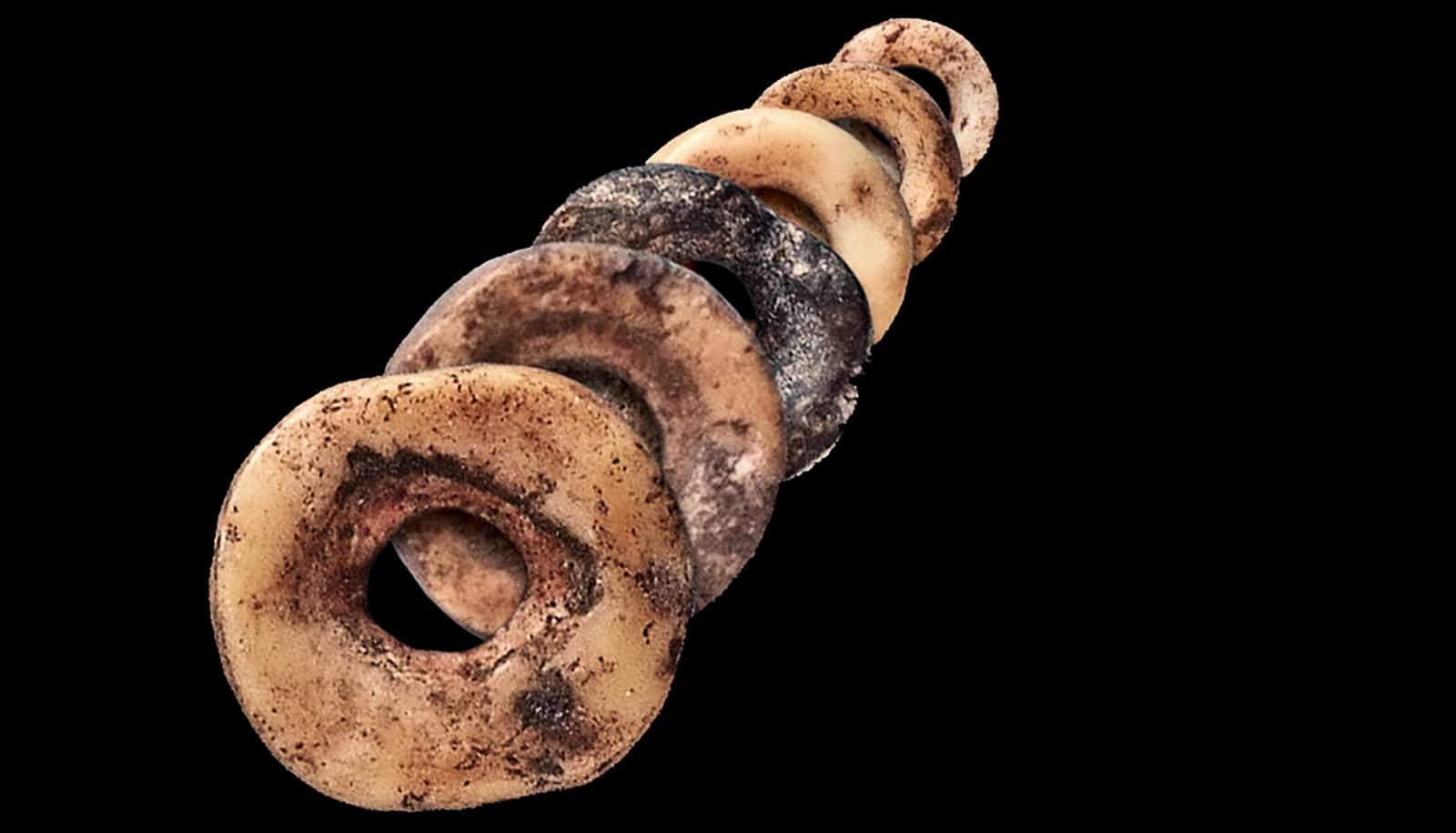People's bodies now run cooler than 'normal' – even in the Bolivian Amazon
'Normal' body temperature has declined in urban, industrialized settings like the US and UK. Anthropologists find the trend extends to Indigenous people in the Bolivian Amazon – but why?
Oct. 28, 2020 • ~8 min

